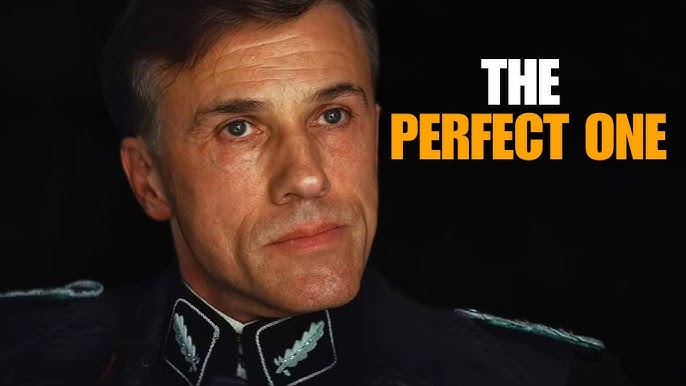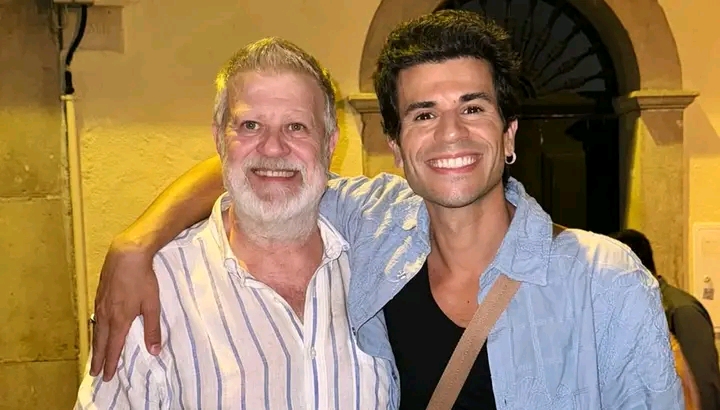Kimi Räikkönen, the legendary Iceman of Formula 1, has officially retired, leaving behind a legacy that defies convention and embodies the spirit of rebellion in motorsport. Known for his carefree attitude and unparalleled talent, Räikkönen’s departure marks the end of an era for F1, where corporate polish often overshadows raw talent.
 Born on October 17, 1979, in Espoo, Finland, Räikkönen’s rise to fame is a story of grit and authenticity. He burst onto the F1 scene in 2001 with Sauber, quickly proving that sheer speed could trump the political machinations of the sport. His unfiltered persona made headlines as he famously told journalists to “leave me alone” while racing, a mantra that encapsulated his relationship with authority and the media.
Born on October 17, 1979, in Espoo, Finland, Räikkönen’s rise to fame is a story of grit and authenticity. He burst onto the F1 scene in 2001 with Sauber, quickly proving that sheer speed could trump the political machinations of the sport. His unfiltered persona made headlines as he famously told journalists to “leave me alone” while racing, a mantra that encapsulated his relationship with authority and the media.
Räikkönen’s career was punctuated by unforgettable moments, from his championship victory in 2007 with Ferrari to his legendary post-race celebrations, often involving drinks on his yacht instead of the usual pomp and circumstance. He was notorious for his indifference to the corporate side of F1, famously sleeping in a drying cabinet after a night of partying and dismissing formal ceremonies with a shrug.

Despite his laid-back demeanor, Räikkönen’s driving skills were anything but casual. He secured 21 wins and 103 podiums over his 20-year career, captivating fans with his raw speed and instinctual approach to racing. Unlike his peers, who relied heavily on data and strategy, Räikkönen trusted his instincts, often delivering stunning performances with minimal communication with his team.
As he stepped away from the sport after the 2021 season, Räikkönen left a void that may never be filled. His legacy is a testament to the idea that one can be a champion without conforming to the expectations of the sport. In a world increasingly dominated by corporate interests and media training, Räikkönen’s authenticity and disregard for the rules made him a true rebel.
The question now looms: will F1 ever see another driver like Kimi Räikkönen? As fans reflect on his career, they are left with the memory of a driver who treated racing as a hobby rather than a job, a refreshing perspective in an era of relentless competition. His departure signals not just the end of a racing career but the closing chapter on the last true icon of rebellion in Formula 1. The sport may have lost its last bit of authenticity, leaving fans yearning for the days when winning was all that mattered, and everything else was secondary.





